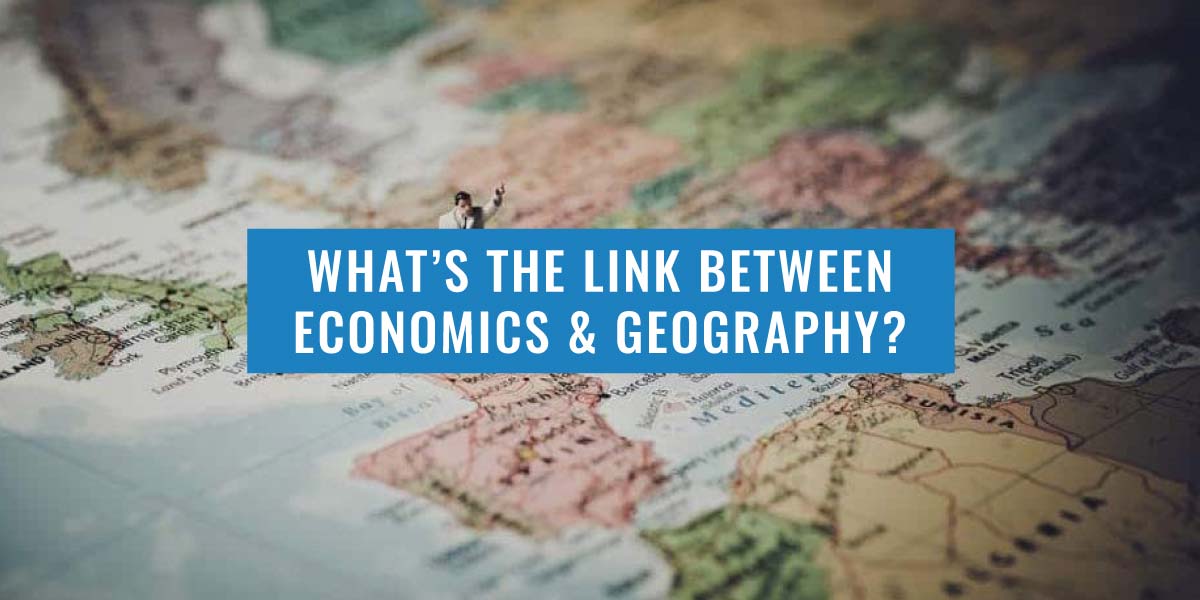Kết quả tìm kiếm: 21
This course will provide an introduction to computer science and skills to use Microsoft Word, Excel, Accessand PowerPoint applications. The course will startwith a brief history and evolution of computer systems, cover some fundamental concepts of computer science and finally focus on usage of the above applications. No programming knowledge will be provided in the course.
- Giáo viên biên soạn: Chau Nguyen
This course will provide an introduction to computer science and skills to use Microsoft Word, Excel, Accessand PowerPoint applications. The course will startwith a brief history and evolution of computer systems, cover some fundamental concepts of computer science and finally focus on usage of the above applications. No programming knowledge will be provided in the course.
- Giáo viên biên soạn: Chau Nguyen
The course consists of two main related parts: algebra and calculus. The first part will cover: introduction of system of linear equations (solve linear equation by Gaussian elimination), matrix, determinant and the use of matrix in solving a large equation system, and some properties of matrix that will be used late in the course. The second part focuses on derivatives and integration. As the terms are quite familiar with students, the course will be applied-oriented. At the end of the course will be the introduction of functions with several variables and applications.

- Giáo viên: Tuyến Đoàn Trọng
The
course consists of two main related parts: algebra and calculus. The first part
will cover: introduction of system of linear equations (solve linear equation
by Gaussian elimination), matrix, determinant and the use of matrix in solving
a large equation system, and some properties of matrix that will be used late
in the course. The second part focuses on derivatives and integration. As the
terms are quite familiar with students, the course will be applied-oriented. At
the end of the course will be the introduction of functions with several
variables and applications.

- Giáo viên: Tuyến Đoàn Trọng
Time: 09.35 - 12.14, Wed
Lecture Hall: A2 - 919
Economic geography is the study of the location, distribution, and spatial organization of economic activities across the globe; specifically, how the economic realm is intertwined with other spheres of international social life. This class introduces new economic geographies about everyday economic life.
What learners take away from this course is an understanding of economic geography as a dynamic, diverse, and contested body of knowledge that aims to provide critical insights into the workings of contemporary societies and economies globally including Vietnam.

Economic geography is the study of the location, distribution, and spatial organization of economic activities across the globe; specifically, how the economic realm is intertwined with other spheres of international social life. This class introduces new economic geographies about everyday economic life.
What learners take away from this course is an understanding of economic geography as a dynamic, diverse, and contested body of knowledge that aims to provide critical insights into the workings of contemporary societies and economies globally including Vietnam.

Time: 13.00 - 16.25, Thursday
Lecture Hall: A2 - 1002
This course provides an introduction to economic geography. Our contemporary economic life is increasingly constituted at a global scale, from uneven development, space-shrinking technologies, and environmental degradation to powerful global corporations, organized labor, financial movement, and ethnic economies.
Economic geography is the study of the location, distribution, and spatial organization of economic activities across the globe; specifically, how the economic realm is intertwined with other spheres of international social life. This class introduces new economic geographies about everyday economic life.
What learners take away from this course is an understanding of economic geography as a dynamic, diverse, and contested body of knowledge that aims to provide critical insights into the workings of contemporary societies and economies globally including Vietnam.
The course introduces learners to basic approaches, concepts, and theories that economic geographers use; it will help you to understand how these concepts and theories may be applied in the context of the globalizing world economy; and it will make you aware of the ways in which economic geography approaches can inform policy-making.

- Giáo viên trợ giảng: Quyen Nguyen
This course provides an introduction to economic geography. Our contemporary economic life is increasingly constituted at a global scale, from uneven development, space-shrinking technologies, and environmental degradation to powerful global corporations, organized labor, financial movement and ethnic economies.
Economic geography is the study of the location, distribution and spatial organization of economic activities across the globe; specifically, how the economic realm is intertwined with other spheres of international social life. This class introduces new economic geographies about everyday economic life.
What learners take away from this course is an understanding of economic geography as a dynamic, diverse and contested body of knowledge that aims to provide critical insights into the workings of contemporary societies and economies globally including Vietnam.
The course introduces learners to basic approaches, concepts and theories that economic geographers use; it will help you to understand how these concepts and theories may be applied in the context of the globalizing world economy; and it will make you aware of the ways in which economic geography approaches can inform policymaking.

- Giáo viên: Nam Nguyen
This course is designed for undergraduate students specializing in Economics and Finance. Its main objective is to help students understand the theory and principles of international economics and suggest solutions to significant global economic problems.
The course is divided into two parts. The first part of the course deals with international trade theory and policy. The second part examines the measurement of a nation’s balance of payments, foreign exchange markets, exchange rate determination, open-economy macroeconomics, and the operation of the international monetary system.
- Giáo viên: Ngoc Luu Thi Bich
- Giáo viên: Mai Ngo Thi
- Giáo viên: Quynh Nguyen Thi Thu
The goal of this module is to examine the
function and use of accounting within business entities.
Upon completion of the course, students should be able
to: 1.
Distinguish between cost accounting and other areas of
accounting 2.
Explain variable costs and fixed costs 3.
Interpret unit costs 4.
Distinguish among manufacturing, merchandising and
service companies 5.
Track the flow of costs in job costing and process
costing systems 6.
Define master budget and flexible budgets 7.
Explain the fixed overhead and variable overhead 8.
Describe various approaches to cost estimation 9.
Identify purposes for allocating costs to cost
objectives 10.
Understand the purposes of standard costs and variances 11.
Use alternative methods of capital budgeting

- Giáo viên: Ilter Cenap
- Giáo viên: Hà Hồng Hạnh
The objective of this course is to (1) help students understand, prepare, and use financial information based on United States (American) accounting standards, and (2) to understand the similarities and differences between United States and International (IFRS) accounting standards.
- Giáo viên: William Ferry Jerry
- Giáo viên trợ giảng: Nguyen Duc Dung
• Understand basic concepts of international business; three sectors are international environment, national environment, and international business administration.
• Recognize differences between domestics and international business, the driving factors of national and international environments.
• Analysis the three kinds of environments in national, foreign, and international environments when doing international business.
The course is divided into two parts. The first part of the course deals with international trade theory and its implication in making trade policy. It examines the reasons for trade and gives an explanation of trade patterns and the gains from trade which are basic foundation to form a trade policy.
The second part covers the stages and benefits of economic integration and the motives and effects of international investments and international labor migrations.
- Giáo viên: Mai Ngo Thi
Môn học Nghiệp vụ NHTW giups các em hiểu về những hạt động cơ bản của NHTƯ (ở VN là NH Nhà nước).
Các em đã học các môn LTTCTT 1,2 và các môn chuyên ngành TCNH, thấy được vai trò của NHTW, với môn hocj này, các em sẽ biết được cơ chế tác động của NHTW đối với nền KT nói chung, với các TCTD nói riêng.
Trước mắt trong mấy tuần nghỉ này, các em sẽ tự nghiên cứu qua slides này,khi nào có lịch học bình thường, buổi học tới cô sẽ giảng thêm.
Chúc các em giũ gìn sức khỏe tốt, tự học tốt, có vướng mắc gì gửi câu hỏi cho cô nhé
Hẹn gặp các em.
- Giáo viên: Que Nguyen Thi Minh

The use of projects and project management is becoming more and more important for all kinds of organizations. Businesses regularly use project management to accomplish unique outcomes under the constraints of resources, and project management turn to be one of essential ways of achieving an organization’s strategy.
This course guides students through fundamental project management concepts and behavioral skills needed to success-fully launch, lead, and realize benefits from projects in profit and nonprofit organizations. Successful project managers skillfully manage their resources, schedules, risks, and scope to produce a desired outcome. In this course, students explore project management with a practical, hands-on approach through case studies and class exercises.
The course covers both the managerial and technical skills required to plan projects, acquire the necessary resources, and lead project teams to successful completion. Topics include the strategic role of projects in contemporary organizations, maint contnets of PM, the project management by life cycle of PM, the technical management tools to manage scope, WBS, network diagrams, estimating time and managing project schedule
- Giáo viên: Phuong Tu
- Giáo viên: Hai Tran
